China often surprises the world with its AI capabilities. In 2018, law enforcement arrested a criminal suspect after facial recognition technology identified him in a crowd of concert-goers. As AI’s capabilities expand, more and more people worry that algorithms may gradually take over their jobs. Writing for Huxiu, AI expert and former head of Google China Kai-fu Lee lists 10 jobs that he believes AI will do in the near future. He also predicts to what extent other jobs will undergo algorithmic change. His article will help you get a quick idea whether your job will be safe or whether it’s time to retrain.
Machines and computing can take over menial work and enrich people’s jobs. At the same time, some workers may be out of a job that algorithms can do better, faster and cheaper. To stay in future-proof careers, ensure that you keep up with AI developments and their effects on society.
AI surpasses humans at optimization, routine work, data analysis, decision making, prediction and classification – but lags behind humans in creativity, cross-domain thinking, precise physical movements, compassion and empathy. In general, you can divide jobs into four categories according to how likely AI will replace them: 1) jobs that are unlikely to be replaced, 2) jobs that will integrate AI and human labor, 3) jobs that will slowly be replaced by AI and 4) jobs that are in immediate danger of replacement by AI.
AI is unlikely to replace jobs like psychotherapy and physiotherapy – work that is socially interactive and not standardized and requires high levels of creativity or decision making. Jobs that also demand social skills but are less technical and standardized or easier to optimize will merely integrate AI. Financial...
Kai-Fu Lee, PhD, is an AI expert, the former president of Google China, the founder and CEO of Sinovation Ventures, and the author of AI Superpowers: China, Silicon Valley and the New World Order.









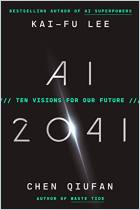
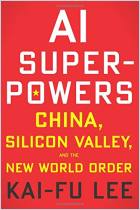


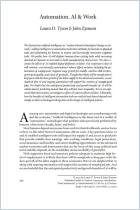

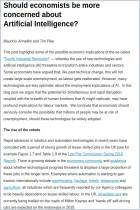
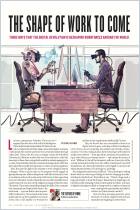
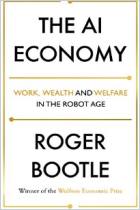
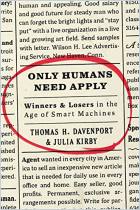
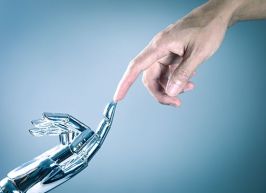


Comment on this summary or 开始讨论